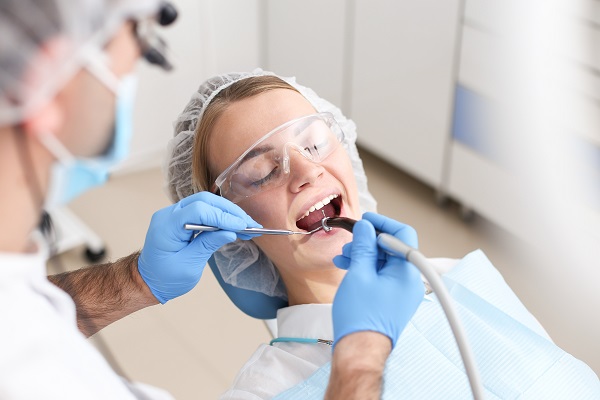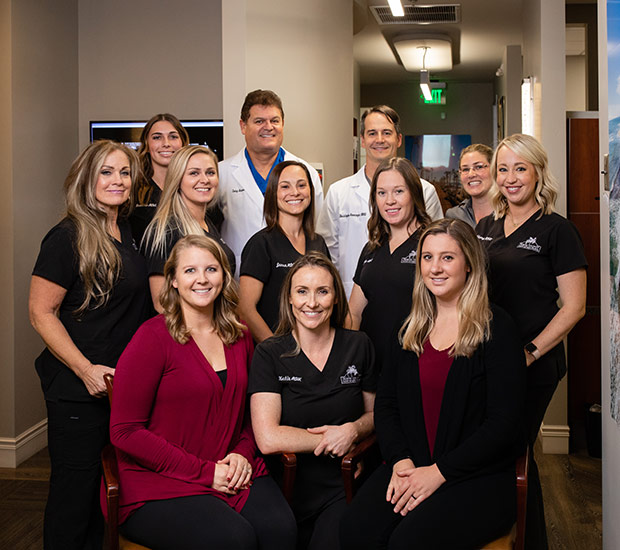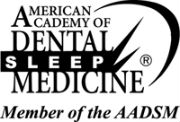Routine Dental Care for Patients With Disabilities

Many patients do not enjoy getting cavities filled or attending routine dental care appointments, but these complaints are minor compared to some challenges faced by persons with disabilities. Physical limitations, assistive devices such as wheelchairs and canes, and sensory issues that accompany conditions such as autism can make dental visits uncomfortable and intimidating for patients who live with a disability. It is important to keep the following tips in mind when helping these patients keep up with routine dental care that includes twice-yearly cleanings.
How to make routine dental care easier for patients with disabilities
The term disability can refer to a wide range of issues, including physical problems that affect the movement and walking of dental patients. Other disabilities may involve medical conditions that have either been present from birth or the result of a medical condition in adulthood.
Some patients, often those on the autism spectrum, may deal with severe anxiety at the thought of attending a dental appointment. While there is no one solution for the issues encountered by the diverse group of patients with disabilities, certain routines and tips can be implemented to help facilitate a smoother experience.
1. Ensure that the patient has established an at-home dental care routine
Patients with disabilities are just as much at risk for plaque, dental decay, and gingivitis as the next person. Because of the limitations they may face when coming in for routine dental care appointments, it is crucial that the dentist works with patients to devise at-home routines that can be successfully completed. For example, if someone with arthritis has trouble using a regular toothbrush due to chronic pain, the dentist can help find a more comfortable model or recommend an assistive device that makes brushing easier.
2. Call ahead before routine appointments
Even if the patient has visited a particular dental practice in the past, it is important to call ahead to review information about the type of disability, problems that may occur during the appointment, and steps the staff may need to take to prepare. For example, if the patient is immunocompromised, special precautions may be required to ensure the individual’s health. If the patient is a teen with autism who vomits at cleaning appointments due to sensory issues, the dentist may be able to prescribe a medication to help the person relax before the appointment.
3. Investigate new dental practices carefully
When a patient with a disability makes an appointment with a new dentist, it may be advisable to discuss the situation with the professional in advance. Do not be afraid to interview new providers since some dentists are more comfortable in treating those with disabilities. Some dentists may have every intention of helping but have little experience — or the proper equipment — to adequately meet the patient’s needs.
Conclusion
Routine dental care is extremely important for every child and adult. If a patient with a disability or the caregiver has a question or concern about dental treatment, it is better to address the issue immediately. It is entirely possible to extend great dental care to those with disabilities.
Are you considering routine dental care in the Vista area? Get more information at https://www.ultimatesmiles.com.
Check out what others are saying about our dental services on Yelp: Routine Dental Care in Vista, CA.
Recent Posts
A dazzling smile is a powerful asset, but sometimes achieving it requires more than just regular dental care. If you are interested in dental implants but have been told you don’t have enough bone density to support them, or you’ve lost bone from trauma, infection, or periodontal disease, North County Cosmetic and Implant Dentistry in…
Beneath every healthy smile is a pair of healthy gums holding everything together. And if you want that smile to stay healthy, you’ve got to pay attention to your periodontal health. Periodontal disease, also called gum disease, affects millions of people worldwide. If left untreated, this disease can have far-reaching consequences--not just hurting your smile,…
Maintaining optimal oral health is essential for a healthy and confident smile. One revolutionary dental procedure that has gained significant attention is laser deep cleaning. This advanced technique offers numerous benefits for both teeth and overall oral health. Let’s dive into the advantages of laser deep cleaning and explore how it can positively impact your…
Maintaining good oral health is essential for overall well-being. One of the key professionals who play a vital role in ensuring optimal oral health is the Registered Dental Hygienist (RDH). Let’s explore how regular visits to your RDH contribute to your overall health while giving you a healthy smile.The term “Certified Dental Hygienist” is actually…







